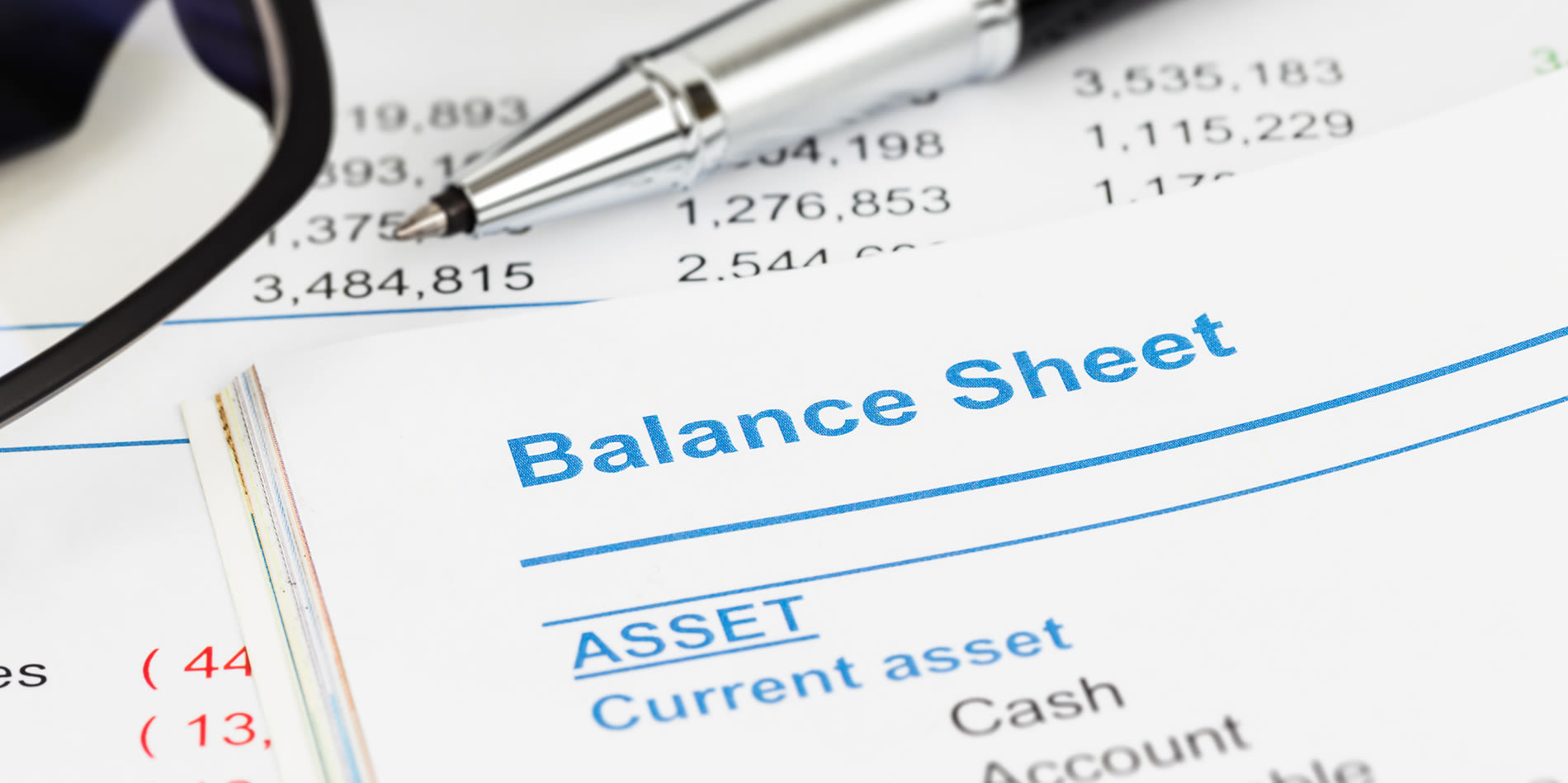Business Financing Tips
 Over my career in banking, I’ve developed great respect for passionate business owners. They’re running a vital piece of our economy: Small employer firms, with 1 to 499 employees, make up 47.5% of the private-sector workforce, according to The Fed Small Business Credit Survey. To compete, these small businesses need to be flexible and adaptable, have access to resources, and mitigate and respond to their risks. That’s a tall order, but over the years I’ve realized the balance sheet is one of the most useful tools to help them do that.
Over my career in banking, I’ve developed great respect for passionate business owners. They’re running a vital piece of our economy: Small employer firms, with 1 to 499 employees, make up 47.5% of the private-sector workforce, according to The Fed Small Business Credit Survey. To compete, these small businesses need to be flexible and adaptable, have access to resources, and mitigate and respond to their risks. That’s a tall order, but over the years I’ve realized the balance sheet is one of the most useful tools to help them do that.
Why The Balance Sheet Is Useful
Most business owners are well versed on the income statement that outlines their sales, margins, and net income. While these are valuable operational management numbers, they only tell part of the financial story of the business.
The balance sheet provides insights about where a company is going and can serve as an early warning system. By knowing the business’s quick ratio, current ratio, and working capital, business owners can develop a much stronger picture of the overall health and near-term future of their businesses.
A balance sheet shows a company’s assets, liabilities, and ownership equity. Using data analytics to measure, interpret, and optimize this information in and around an organization may lead to productivity gains.
Bankers use the balance sheet, along with income statements and statements of cash flows, to take the temperature of a business at a single point in time. It gives us a handle on how healthy a company is at that moment, depending on a business’s strategic plan and initiatives. Companies sometimes have more cash tied up in working capital than is necessary and the amount of inventory a company carries impacts its production and sales activities.
Four Ways to Navigate Your Business With A Balance Sheet
- Assess Risk. While business leaders often maintain that the balance sheet is one piece of data that’s only as useful as the time it was collected, it provides a well-rounded view of how healthy the company is at the time, more so than an income statement. Leverage of the company is a big factor contributing to whether or not a company can withstand a downturn.
- Evaluate Operations. Along with the strategic plan and other documents, balance sheets show financial experts how companies are run. Is there a large amount of cash out in invoices at any one time? Is payroll overleveraged? Expenses show how efficiently the business is running, as well, and indicate management decisions that may predict future priorities.
- Gauge Growth Opportunity. A balance sheet can indicate if a business can scale strategically and if it has the ability to pay back future loans.
- Monitor Cash Flow. A complete picture of cash flow trends is crucial in good times and lean ones, too. This data can help businesses to spot where they can improve.
Implement Cash Management Best Practices
“Cash is king” is a truth in most businesses, and the balance sheet can also help reveal where businesses can improve. Focusing on good cash management practices and understanding the company’s cash position can lead to a stronger balance.
Using the balance sheet, a great metric to monitor is the Cash Conversion Cycle (CCC). It is the average number of days between the cash outflow for the acquisition of materials and supplies, and the cash inflow from the sale of products or services. It is a method for calculating the average length of time a company must finance a cash outflow before receiving a cash inflow. Working capital efficiency drives financial and operational benefits.
Maximizing cash flow provides business’s the ability to strengthen customer and supplier relationships, pay down debt, and fund business growth through the addition of inventory, equipment, and employees. Reviewing trade account trends can help to make changes to improve UCA (Uniform Credit Analysis) cash flow and take advantage of vendor discounts.
Having extra cash on hand also helps when there is a sudden, unanticipated outlay, such as a big order, or when a key piece of equipment needs to be replaced immediately, or, even worse, when there is a sudden downturn in the economy, such as COVID-19. As you can imagine, this also leads business owners to make more strategic decisions and build the business’s net worth.
If your business doesn’t already use its balance sheet in this manner, now is a great time to start. If you need help, I suggest starting with your business’s financial expert or accountant. Your banker may be able to help, as well, but if you discover a knowledge gap, please don’t hesitate to get in touch with us.





